
Dreaming of a good night's sleep
New research from the University of Leeds has revealed that some people are losing more than 15 day’s worth of sleep a year.

New research from the University of Leeds has revealed that some people are losing more than 15 day’s worth of sleep a year.
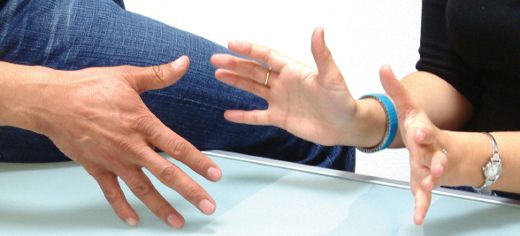
New research suggests that the movements involved in fidgeting may counteract the adverse health impacts of sitting for long periods.
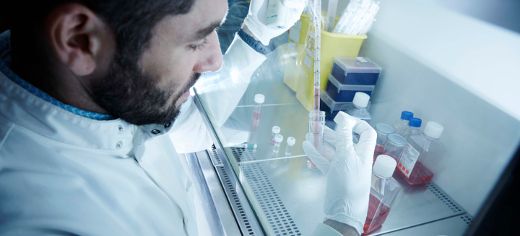
The University of Leeds has secured a £2.25 million investment to support the commercialisation of medical technologies developed by five universities in the Leeds City Region.
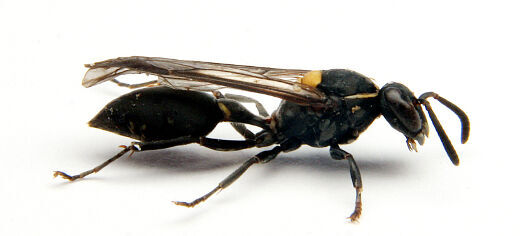
The venom of a wasp native to Brazil could be used in the fight against cancer, according to new University of Leeds research.

Research has shown that a regular dose of aspirin reduces the long-term risk of cancer in those who are overweight.

Researchers have created unusually intelligent mice by altering a single gene and as a result the mice were also less likely to feel anxiety or recall fear.

Researchers from the University of Leeds have secured a £5 million pound investment aimed at tackling the North-South cancer divide, thanks to a funding award from Yorkshire Cancer Research.
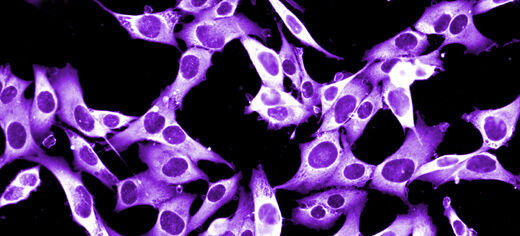
University of Leeds experts have uncovered further evidence that protective buffers at the ends of chromosomes - telomeres - are fundamental to the understanding of the deadliest form of skin cancer.
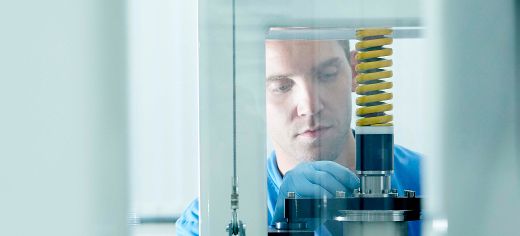
The University of Leeds Medical Technologies Innovation and Knowledge Centre (IKC) has won £3 million to continue bringing the best of the UK’s medical technology research to patients.
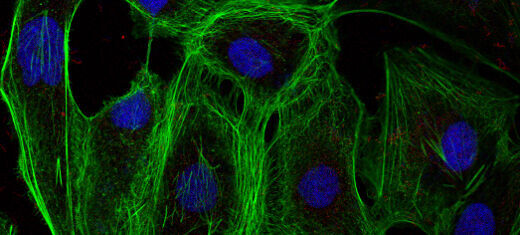
Cancer can be caused solely by protein imbalances within cells, a study of ovarian cancer has found.